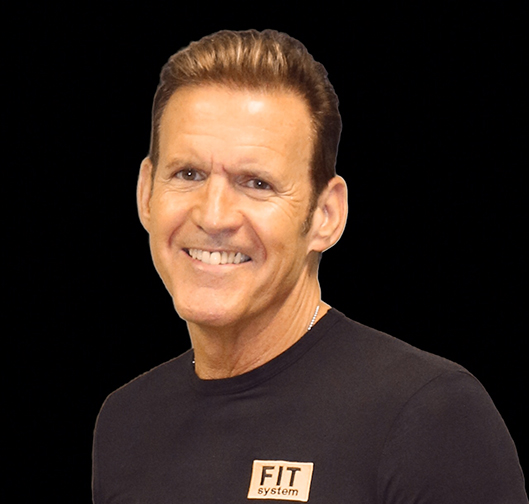We all recognize the growing challenges the transportation industry is facing with the driver shortage. To top it all off, large numbers of drivers are disqualified yearly because they fail the DOT certification exam, and over 50% of drivers in the industry are operating on short-term cards.
Managing your personal health can be a very difficult task in itself. Then, when you introduce the ruggedness of the professional truck driver’s lifestyle — extended time on the road, no convenient access to health or medical care, high levels of stress, a lack of healthy food choices, and few or no exercise solutions — it’s amazing we have been able to maintain the number of drivers we have today.
If you look at the health issues drivers face, you’ll notice the majority of problems stem from weight gain, which leads to obesity. From there, the health conditions escalate, with problems such as hypertension, high cholesterol, high blood sugar and heart disease thus contributing to the driver shortage.
I believe it’s important to better serve truck drivers, men and women alike, where they work and live — on the road.
Here are a few ways to stay healthy on the road and reduce your risk of developing a debilitating condition.
Lose and maintain weight.
Being overweight can cause an increase in blood pressure. If you are overweight, losing just 10 pounds can make a difference. Weight loss can enhance the blood pressure-lowering effects of medications and decrease blood cholesterol, triglyceride and blood sugar levels.
Limit alcohol.
Excessive alcohol intake can raise blood pressure, contribute to weight gain and make controlling high blood pressure more difficult. If you have high blood pressure, it’s best to avoid alcohol — or, at the very least, do not exceed a daily intake of two drinks if you are a man and one drink if you are a woman. (A drink is defined as 12 ounces of beer, 5 ounces of wine or 1.5 ounces of 80-proof liquor).
Exercise regularly.
Regular physical activity, such as walking at a mild to moderate pace for at least 30 minutes most days per week, may be beneficial for the prevention and treatment of high blood pressure. An increase in physical activity can also help reduce weight and stress.
Eat healthy.
When selecting healthy foods to help prevent and control high blood pressure, consider the following:
- Limit sodium: Reduce your sodium intake to 2,400 mg per day. Too much dietary sodium can elevate blood pressure.
- Quit smoking: Smoking can raise blood pressure in the short term and is a major risk factor for cardiovascular disease. That’s why tobacco users need to work towards quitting.
- Ask your doctor about medications: Because everyone responds differently, making lifestyle changes may not be enough to control your blood pressure — you may also need medication to help.
Known as The Trucker Trainer, Bob Perry has played a critical role in the paradigm shift of regulatory agencies, private and public sector entities, and consumers to understand the driver health challenge. Perry can be reached at [email protected].
Bob Perry is a regular contributor to The Trucker. He has spent nearly the past four decades on a mission to educate professional drivers and share life-changing products and services to help them live healthier lives while on the road. Recognized throughout the transportation industry, from bus drivers to over-the-road professional drivers, Perry has played an important role in creating a paradigm shift helping regulatory agencies, private and public sector entities, and consumers understand the current health challenges of the professional driver. He has participated as a wellness advocate in several roundtable discussions, large audience groups and small forums as well as going “curbside” through a national truck stop tour.
Bob’s articles have been featured in The Trucker and a number of other national transportation industry publications and is the host of a weekly wellness call produced by Rolling Strong. Bob has been a regular guest on RedEye Radio and Land-Line Radio, and is often an invited guest on Sirius radio shows. He has been featured in the New York Times, Men’s Health Magazine, Drug Store News, American Road Magazine, WSJ, NPR, ABC National Radio, as well as hundreds of daily newspapers. He has appeared on television news shows across the nation, including a featured TV segment on ABC NightLine News.





